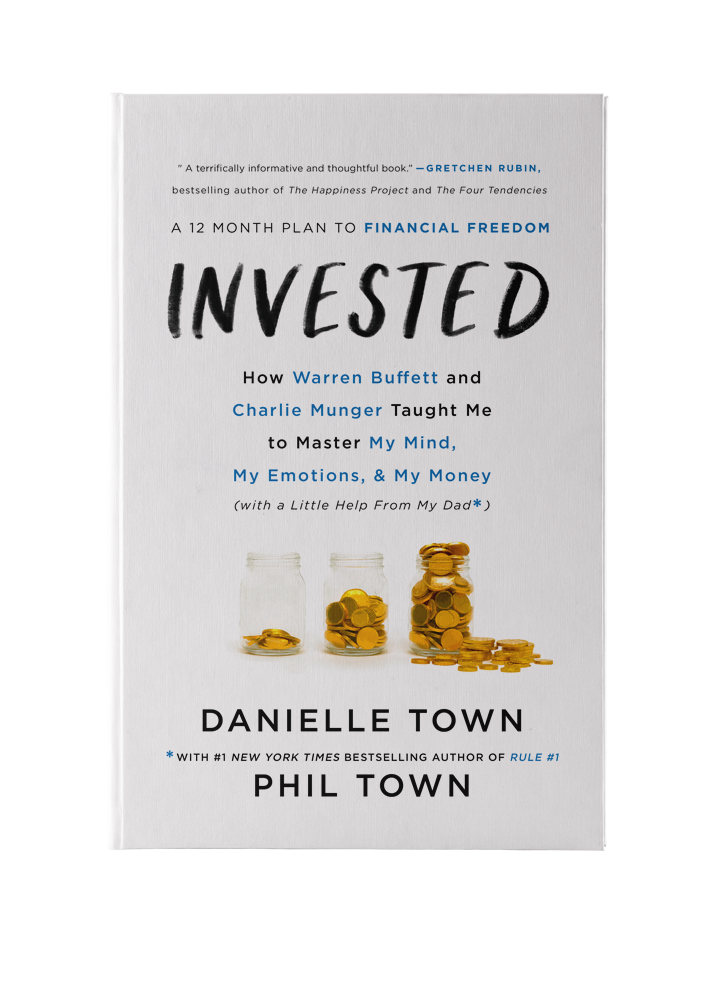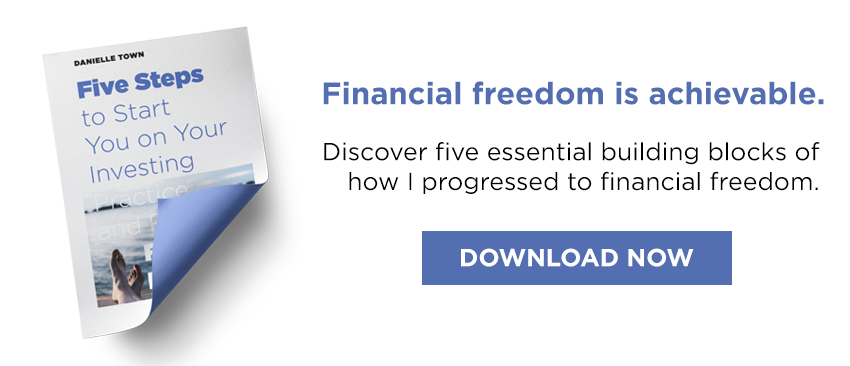Mar 06, 2018
Why You’re Losing Money By Saving
Several years ago, as a low-level attorney at a law firm, I started to think about what to do with money. I didn’t think very hard before deciding. I would, metaphorically speaking, save my money under my mattress. All real grownups seem to know what to do with money, so, my nice little nest egg would grow and grow, and, after a while, when I hit whatever point it is at which I became a real grownup, I would do it.
Saving. It was foolproof.
I excitedly told my dad, who is an investor. I was sure he’d respect my genius.
He looked taken aback. “What about inflation?” he asked.
Inflation?
Inflation means that the buying power of my dollars goes down as borrowing, wages, demand, and consumption rise. The rate of inflation varies, but is typically an average of 3% per year. It’s called the ‘virtuous cycle’ of inflation, and I knew about it, of course, but I didn’t catch its relationship to my savings account.
“The only way to simply maintain today’s buying power of the money you have is by making more money on your money.” Which means, I realized, that I had to make 3% per year on my savings just to stay even. To not lose money, I had to actually make money.
I had never applied the reality of inflation to my savings. I checked to out with a financial expert friend. She confirmed. It was true. Why hadn’t anyone told me before? Wait, did everyone know except me? I wondered. Did I cut class the day we had the discussion to Make Sure You Get 3 Percent Per Year Because Inflation Is Certain Just Like Death and Taxes?
After it sank in, I tried to wrap my head around my predicament and did some research. The stock market, it turns out, tends to rise commensurately with inflation because company revenue and earnings also typically rise. I started to see why little guy investors like me lean towards the stock market: it moves with inflation; as opposed to buying a private company, there’s enough trading that it’s relatively easy to buy and sell shares; and publicly traded companies have to report a good deal of information to the SEC that can be hard to get about a private company. It’s not foolproof by a long shot (see, e.g., WorldCom, Enron, etc.) but, for the first time, I opened my mind to looking into the stock market.
I was connected to this economy and this stock market whether I liked it or not. I had to do something.
I think I just became a real grown up.
 Take command of your life and finances!
Take command of your life and finances!
In this essential handbook—a blend of Rich Dad, Poor Dad and The Happiness Project—I share my yearlong journey learning to invest, as taught to me by my father, investor and bestselling author Phil Town.
